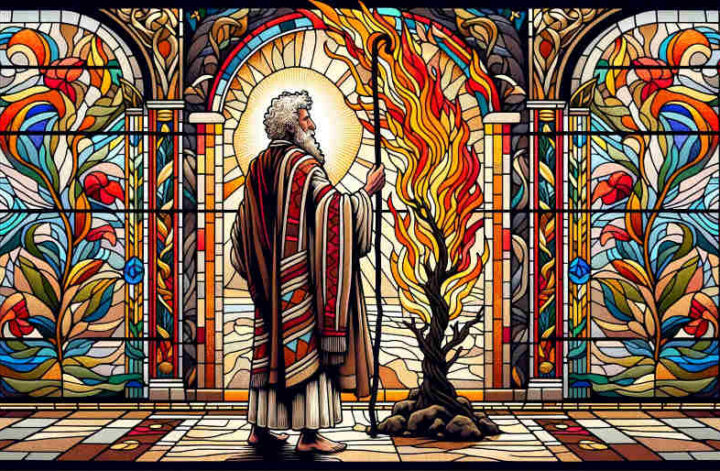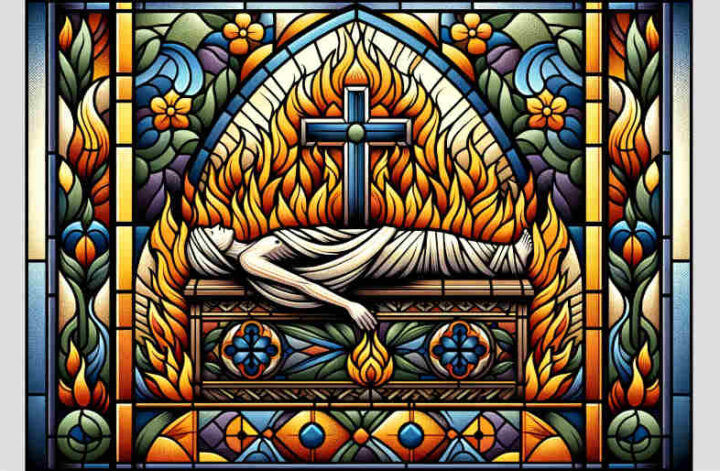Dear Theophilus,
As I seek to deepen my understanding of the Christian faith, a question has arisen within me: When do Christians believe the world was created? This inquiry is not only of temporal interest but also bears spiritual significance. I look forward to your enlightened perspective on this matter.
Yours in search of knowledge,
Lucia
The Christian Doctrine of Creation
Dear Lucia,
Your question is indeed one that has engaged the minds of theologians, scientists, and philosophers throughout the centuries. The Christian belief regarding the creation of the world is not a uniform doctrine but rather encompasses a range of perspectives that reflect the diverse thought within Christianity itself.
Traditional Views on the Age of the Earth
In the traditional view, often associated with a literal interpretation of the Bible, Christians believed the world was created by God in six days, as described in the Book of Genesis. This perspective, known as Young Earth Creationism, posits that the earth is approximately 6,000 to 10,000 years old, a timeline deduced from the genealogies recorded in the Bible.
This view was widely accepted up until the modern era, where scientific discoveries began to challenge this timeline, suggesting a much older earth. This has led to a significant discourse within the Christian community regarding the reconciliation of scripture with scientific understanding.
The Compatibility of Christianity with Scientific Views
Many Christians have found that their faith is compatible with the scientific view that the world is billions of years old. This perspective is known as Old Earth Creationism. Proponents of this view interpret the ‘days’ of creation in Genesis as symbolic of longer periods of time or as a literary framework rather than literal 24-hour days. They contend that the Bible was not intended as a scientific text but as a theological and historical one, conveying truths about God’s relationship with the world rather than specific scientific details.
Theistic Evolution and Diverse Interpretations
Another view, known as Theistic Evolution, goes further to integrate the scientific theory of evolution with the belief in God’s sovereignty over creation. Those who hold to this view believe that God used the process of evolution as a means of creation and that this process is itself a part of God’s purposeful and creative will.
There are also Christians who hold to a framework interpretation, which sees the seven-day creation account as a metaphorical framework that organizes the work of creation thematically rather than chronologically.
The Core Christian Belief
Despite these varied views on the timing and mechanism of creation, the core Christian belief remains that God is the Creator of heaven and earth, and all life is the result of His divine will and purpose. This belief is encapsulated in the Nicene Creed, which affirms that God is the “maker of heaven and earth, of all that is, seen and unseen.”
In summary, Lucia, while Christians may differ in their understanding of when and how the world was created, there is a shared belief in the Creator God. The diverse interpretations reflect Christianity’s engagement with both faith and reason, scripture and science, tradition and inquiry.
As you continue your quest for knowledge, may you find wisdom in the rich tapestry of Christian thought and belief.
Grace and peace be upon you,
Theophilus


